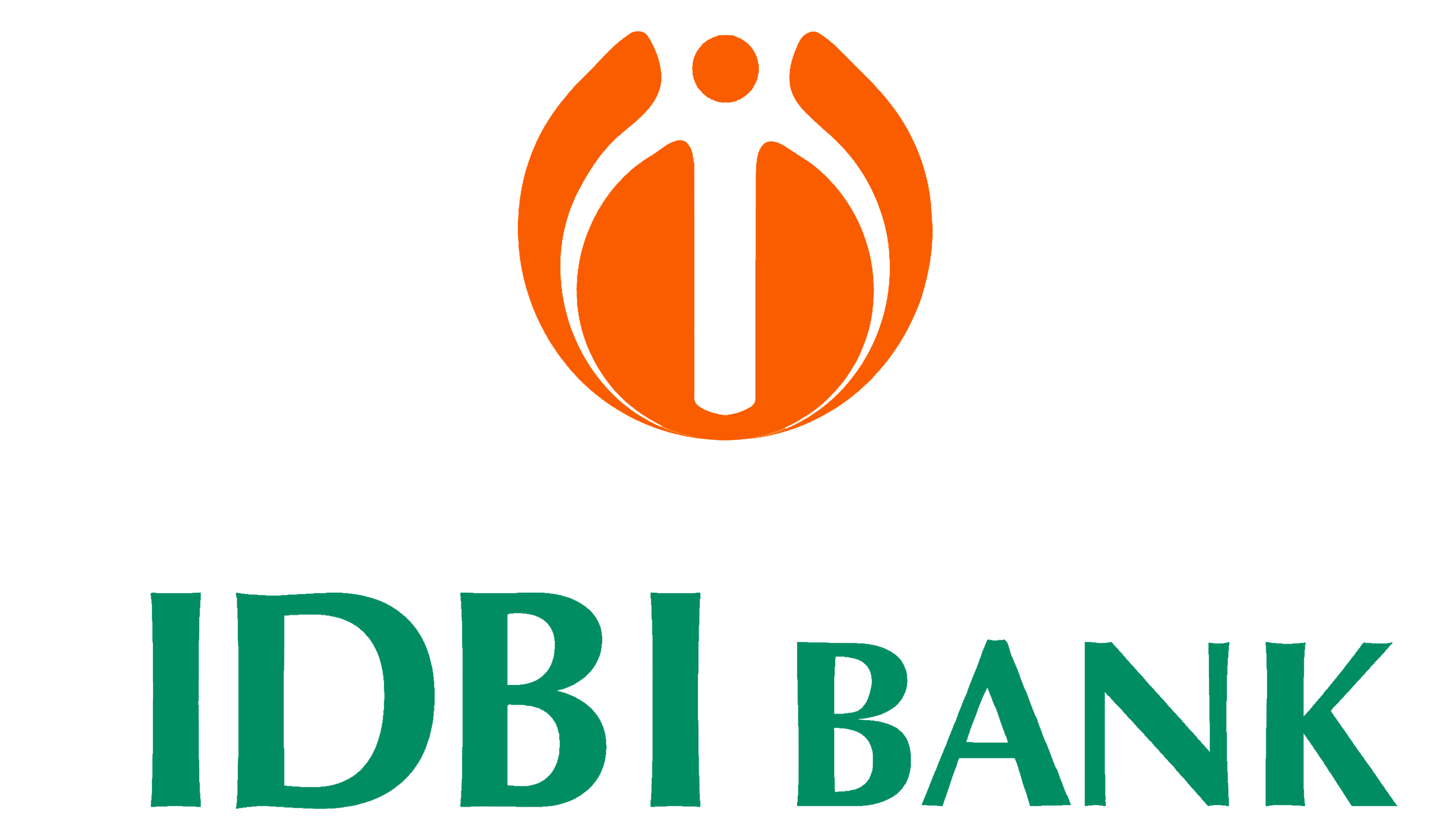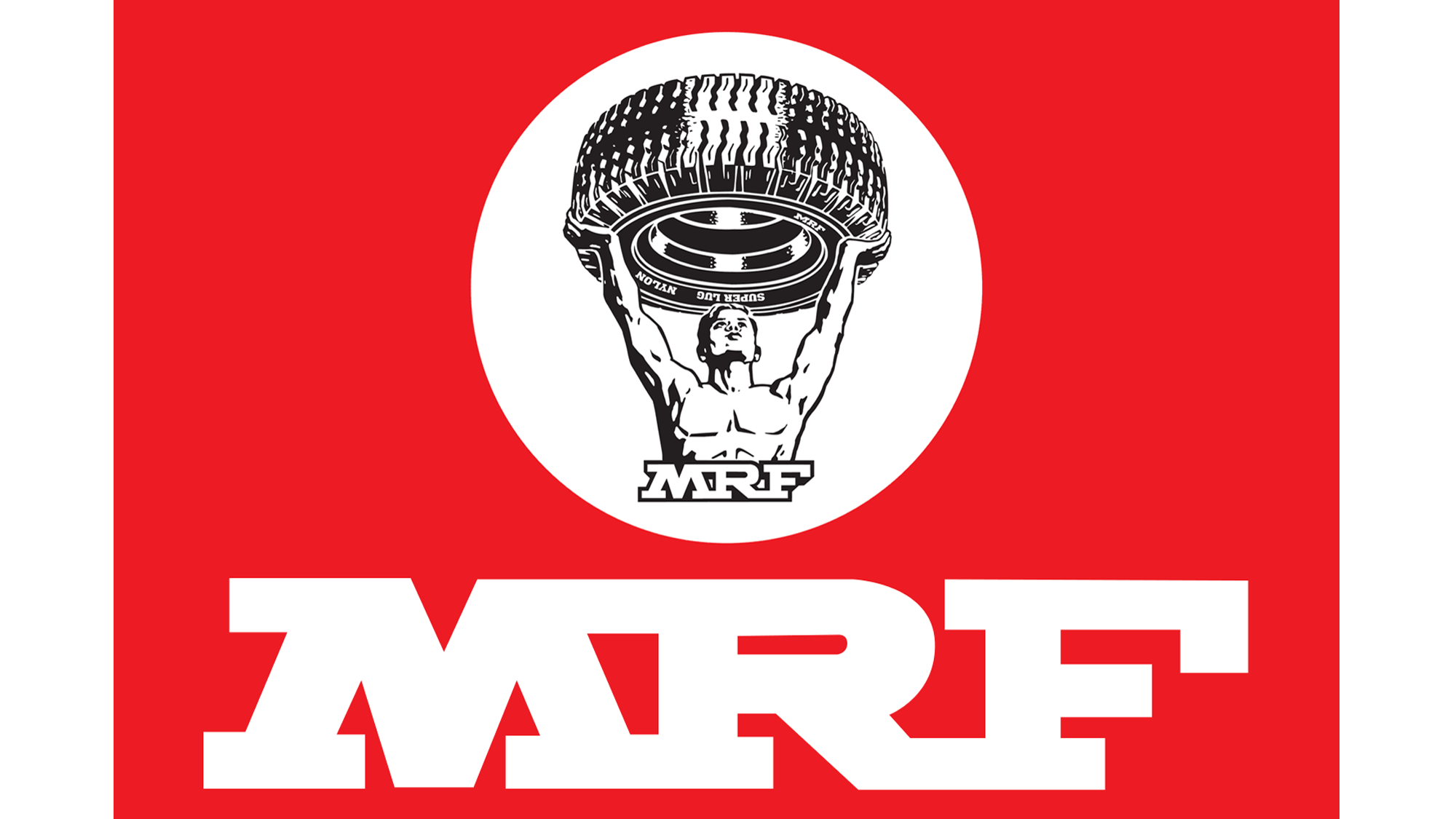STATUTORY AUDIT / EXTERNAL AUDIT
Get your FSSAI license without any Hassle with Auriga Accounting ! Get enticing deals, attractive terms, and appealing costs.
STATUTORY AUDIT / EXTERNAL AUDIT Hassle Free.
- Connect with our Experts
- Submit Your Required Documents
- Track Application Status
- Received your Certificate














